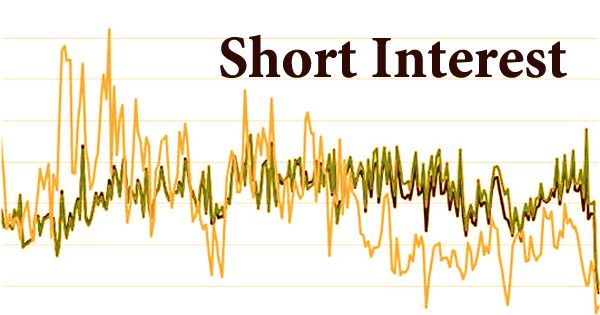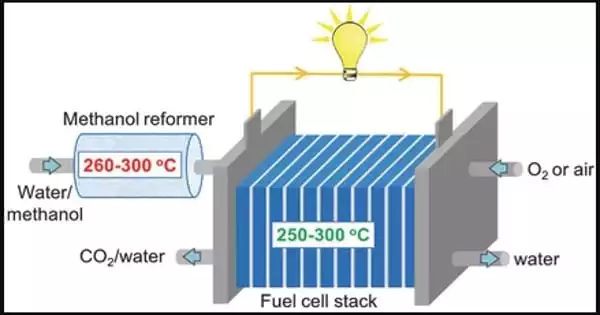Debt consolidation means combining more than one debt obligation into a new loan with a favorable term structure such as lower interest rate structure, tenure, etc. It is the act of taking out a new loan to pay off other liabilities and consumer debts, generally unsecured ones. It is a form of debt refinancing that entails taking out one loan to pay off many others. The term debt consolidation refers to the act of taking out a new loan to pay off other liabilities and consumer debts, generally unsecured ones. The main concept of debt consolidation is to eliminate multiple repayments with multiple deadlines and varying interest rates.
Debt consolidation is used by consumers to pay off a small debt in one go by taking one big loan. This commonly refers to a personal finance process of individuals addressing high consumer debt, but occasionally it can also refer to a country’s fiscal approach to consolidate corporate debt or Government debt. Consumers can apply for debt consolidation loans, lower-interest credit cards, and special programs for student loans. The borrower would now have to make one payment instead of making multiple payments to other creditors. The process can secure a lower overall interest rate to the entire debt load and provide the convenience of servicing only one loan or debt.
Debt consolidation can happen on debts that are not tied up to an asset. It can be done with or without a loan. Education loan, the amount owed on a credit card, personal loans are some examples of unsecured loans that can come under debt consolidation. Consolidation cuts cost by lowering the interest rate on debts and reducing monthly payments.
Type
There are two broad types of debt consolidation loans: secured and unsecured loans.
Secured loans are backed by one of the borrower’s assets such as a house or a car. The asset, in turn, works as collateral for the loan. Unsecured loans, on the other hand, are not backed by assets and can be more difficult to obtain.
An important point to note is that debt consolidation loans don’t erase the original debt. Instead, they simply transfer a consumer’s loans to a different lender or type of loan. It is a financial strategy, merging multiple bills into a single debt that is paid off by a loan or through a management program. It can be worth it if you get a lower interest rate so you can reduce your total debt and reorganize it so you pay it off faster. It is a strategy often applied to stay organized in managing one’s finances especially the debt load. Besides, you wouldn’t want to hurt your credit simply because you forgot to check an account or two.
















